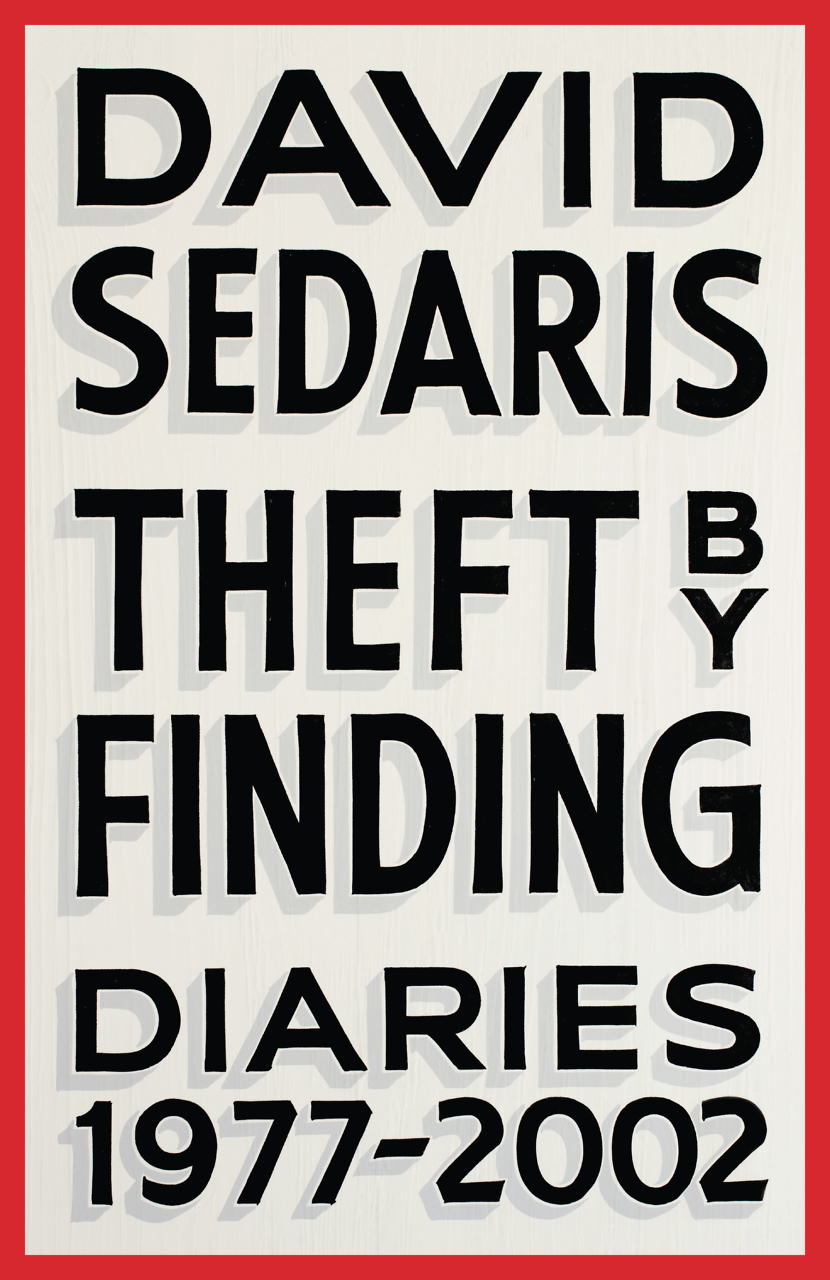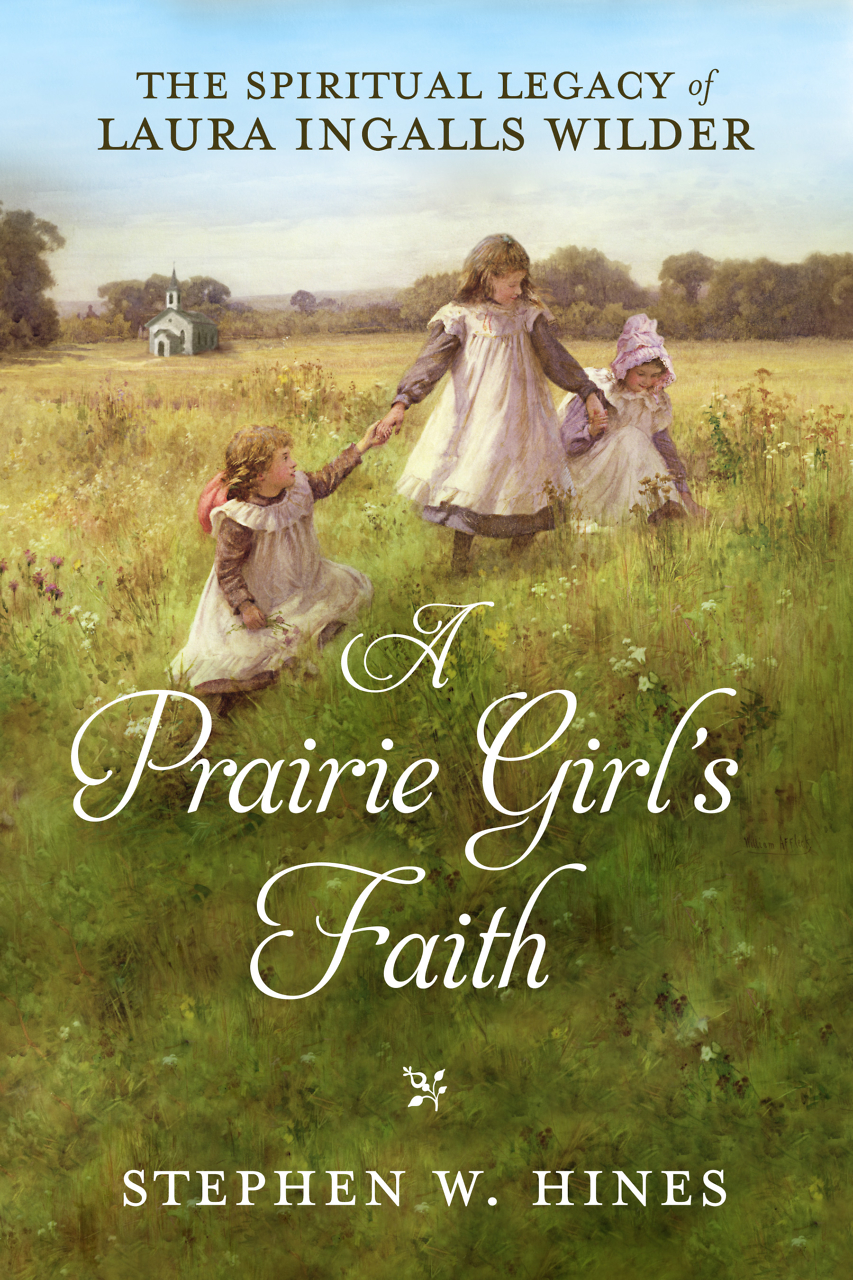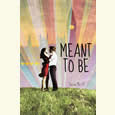The Complex Odyssey of a Life
Randal O’Wain’s Meander Belt recalls a blue-collar youth
Depending on the pollster, the white working class may or may not play a pivotal role in our elections, but vibrant, candid memoirs about blue-collar lives resonate throughout our culture, from Mary Karr’s The Liars’ Club to Jeanette Walls’ The Glass House to Richard Russo’s Elsewhere. Memphis native M. Randal O’Wain, who earned his M.F.A. in creative nonfiction from the Iowa Writers’ Workshop and now teaches at the University of North Carolina, limns this tradition in Meander Belt, an impressionistic self-portrait of a young man determined to escape the buzz saw of poverty and a family forever on the edge of disaster.
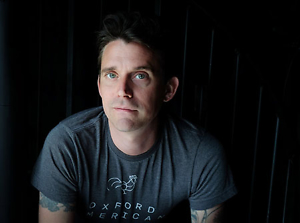
Born in the early 1980s, the third of four children, O’Wain felt like an outsider throughout this childhood, adoring his father, a taciturn contractor with “troughs and spades … a cordless drill, and a tool belt,” while tagging along with his mother, who scavenged the trash of affluent Memphians for toys. His older brother Chris, an atheist-turned-Baptist-turned-weed enthusiast, was a major influence.
O’Wain structures his tale in episodic chapters, building each around a moment of transformation, sometimes blazing, sometimes subtle. In the background is the drum beat of disability: O’Wain’s mother battled polio as a child — “the virus eventually passed through her system, but the damaged muscle tissue, ruined from such molecular cannibalism, would never recover” — while an orthopedic defect forced him to wear leg braces into elementary school. O’Wain guides the narrative with a graceful hand, from his first kiss at the age of 10 to fending off sexual predators to the shock of his father’s sudden death.
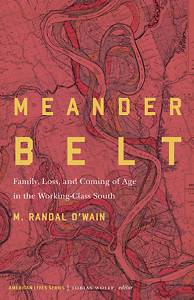 Each moment is ordinary and yet charged with revelation, eddying back and forth. (The book’s title alludes to the bends and oxbows along the Mississippi River, the complex odyssey of even the most quotidian of lives.) When his father suffers a heart attack, O’Wain, now in his early twenties, must reappraise this rough-hewn figure, searching for a connection: “I hated the shared [hospital] ward; his vacant, unblinking eyes covered in Vaseline … This was not my father. My father was cool, strong, regularly dressed in faded blue jeans and pearl-button cowboy shirts, hair hanging down past his shoulders. He held himself like a hillbilly James Dean.” He also wrestles with Chris’s smoking addiction, which contributes to his brother’s death at age 29.
Each moment is ordinary and yet charged with revelation, eddying back and forth. (The book’s title alludes to the bends and oxbows along the Mississippi River, the complex odyssey of even the most quotidian of lives.) When his father suffers a heart attack, O’Wain, now in his early twenties, must reappraise this rough-hewn figure, searching for a connection: “I hated the shared [hospital] ward; his vacant, unblinking eyes covered in Vaseline … This was not my father. My father was cool, strong, regularly dressed in faded blue jeans and pearl-button cowboy shirts, hair hanging down past his shoulders. He held himself like a hillbilly James Dean.” He also wrestles with Chris’s smoking addiction, which contributes to his brother’s death at age 29.
Meander Belt revels in its sense of craft. O’Wain’s ear is lyrical but never affected as he picks back over a youth filled with dishwashing gigs, road bands, and double-wide trailers. He shifts adroitly in time, agonizing over the loss of his father only to resurrect him in a later chapter, letting the warp and woof of memory shape the storytelling. There are experimental scenes broken into Cubist shards, and O’Wain plays with point of view, as in the opening chapter from his boyhood, when his father takes him to a construction site, a commercial building with a hall of mirrors: “At the tips of my fingers are further fingers. Above me I locate my disappearing twins … I fear an end because it is a mystery, a phenomenon, the hundreds of replicas I narrate with no conclusion.” This is as spot-on a description of the memoir form as I’ve read.
Eventually O’Wain falls in love with writer Mesha Maren, fighting off and then embracing his own redemption, their commitment both a reflection of his own parents’ marriage and a stark, purposeful change. Richly textured, defiantly honest, Meander Belt plumbs lives chained to the other side of the tracks, the perils of the working poor. O’Wain is a talent to watch.
Hamilton Cain is the author of This Boy’s Faith: Notes from a Southern Baptist Upbringing and a frequent reviewer for O, the Oprah Magazine; the Minneapolis Star Tribune; and The Barnes & Noble Review. A native of Chattanooga, he lives in Brooklyn, New York.
